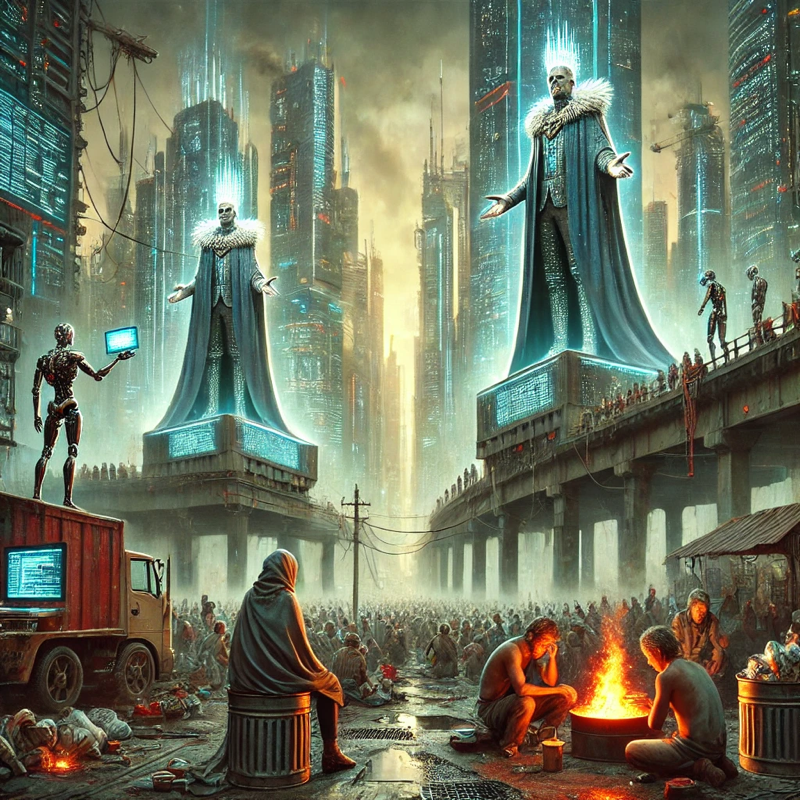Why Cold Assumptions are More Dangerous than Burning Crosses
When I was around three years old, I remember my mother showing me a picture in one of our family photo albums, which we occasionally perused together while curled up on the couch. It was a new picture, one that I hadn't seen before.
"Look," mom said, pointing to the chubby baby in a stroller wearing a blue onesie and a red baseball cap that had two triangular white patches on the front that made it look like my favorite car, a Jaguar XKE. He also had a pair of oversized adult sunglasses perched stylishly on his nose. One cool dude. "Who is this cute little guy?" mom asked.
Tracing my tiny finger around the face in the picture I immediately lit up with recognition and proclaimed, with a but-of-course look on my face, "it's me!"
My mother chuckled and shook her blonde head in amusement, "no, honey, that's not you, that's Harold."
My little brow immediately furrowed. Completely perplexed, I continued to stare at the picture. Of course I believed what my mother had told me, but I still thought the baby looked just like me. Same little nose. Same chubby cheeks. Ok, so maybe he was missing the cleft chin, but otherwise identical.
Harold was the son of my parents' best friends and a couple of years younger than I was. His father, Hal, had gone to West Point with my dad and his mother, Laverne, was a genteel southern lady from Georgia. Our families had been posted together in Georgia and later New York and we shared many family firsts together. They were also, unbeknownst to me, black.
Since I was a precocious kid, I think my mother assumed I was savvy enough to see the difference between Harold's skin tone and my own, and didn't try to explain. Or perhaps she didn't think it mattered. But in fact it would still be a couple of years before I realized Harold, his sister, and his parents had brown skin. And only much later did I learn about our national legacy of racism.
Well into my teens, I often thought back to that event and about how cool and progressive I was. I regularly patted myself on the back for being inherently color blind.
But was I really? As I grew up and the self congratulatory fog in which I had wrapped myself lifted a little, I increasingly questioned this assumption. I always tried to reassure myself by going back to the fact that I never disparage black people. It doesn't even cross my mind to walk across the street when a black man approaches me. I don't make hiring decisions based on race. And I've spent my career in Silicon Valley, where most of my coworkers are Middle Eastern or Asian. I have actually found it extremely uncomfortable to work at predominantly white companies in the rare instances when I've done so.
And yet...Asian is not black. Middle Eastern is not black. Theirs is a brutal, singular experience that has no parallel and is an undeniable part of who we are as a nation. So the diversity in which I live and work doesn't negate the fact that I'm very isolated from the black community.
It's perhaps because of that lack of exposure that I have caught myself being self conscious when meeting a black person for the first time. Will I say something that shows me to be completely ignorant and humiliate myself and disrespect them? Will I say something inadvertently racist like I've seen some of my relatives do? It sounds harmless on the surface, but still depends on the same irrational and uninformed assumptions that undergird overtly racist beliefs.
True color blindness is like a muscle that can only be exercised, to the point where it won't atrophy, in a racially diverse environment. It's is only through integrating our daily lives that we begin the irreversible process of breaking down those assumptions.
I bring up this issue because I'm increasingly of the belief that such assumptions are more dangerous to this nation than overt racism. We know Trump's unabashedly racist deplorables are a lost cause. They are a small minority that will stand by him no matter what. But what about the much larger number of people like me who are self-deluded into thinking that we are racially colorblind even though we are not even exposed to diversity in our daily lives?
Now I'm an unrepentant, irredeemable progressive and immune to Trump's disgruntled white guy siren's song. No massive tax cut will sway me. But what about others who are like me but not so strident in their politics? What if they are extremely patriotic above all and receptive to Trump's divisive condemnation of NFL kneelers as unpatriotic? Will they be lured in, and slowly abandon their racial-color blindness because, to them, racial tolerance is just a theoretical since they don't interact with black people anyway? Will rhey then slouch inexorably into the wretched realm of the deplorables?
We know that, when someone joins a group, they will almost certainly adopt the behaviors and values of that group to fit in. If the group is racist, they will probably begin to exhibit racist attitudes. If the group is religious, they will probably end up joining a Church as well. It's human nature.
So for those of us who aren't fully inoculated against racism, I'm afraid that Trump will use his wedge issues to swell the ranks of his racist troglodytic followers. Fighting the cooption by Trump of us non-racist racists through exploiting divisions is perhaps the greatest battle that we face under this administration.



.png)
Comments
Post a Comment